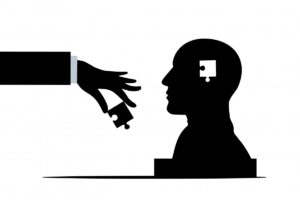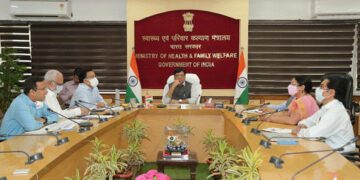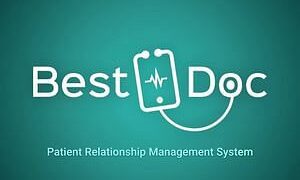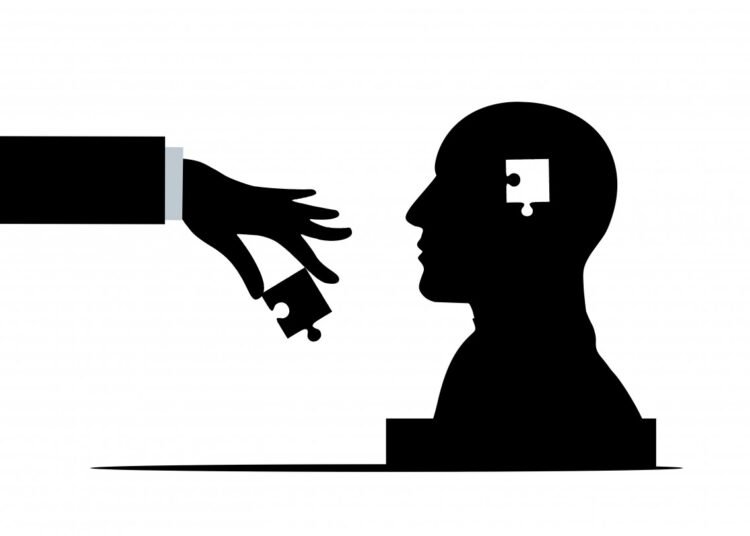By Raheel Shah
Stroke, cerebral palsy, epilepsy, headache disorders, Alzheimer’s disease and other dementias, Parkinson’s disease, brain and central nervous system cancer, multiple sclerosis, motor neuron diseases, alongside other neurological disorders are reported to account for 82.8 percent of all neurological disorders in the study. About 11.2 percent were caused by communicable encephalitis, meningitis, and tetanus, with the remaining 6 percent caused by injury-related diseases.

This massive two-fold increase in the burden of neurological disorders can be attributed to a lack of awareness about neurological disorders among the Indian population, which leads to delayed detection, as well as a lack of access to quality healthcare and rehabilitation centres. Diet, lifestyle, and genetic makeup can all predispose us to diseases like diabetes and high cholesterol, which may be to blame for the rise in common neurological conditions like dementia and stroke.
Neurological diseases and mental disorders have become major public health crises, posing significant challenges to global healthcare systems. The Indian population, in particular, is undergoing an epidemiological and demographic transition, which has resulted in an increase in the burden of non-communicable diseases, including brain and mind diseases. This is also attributed to longer life expectancy and changing lifestyles.
The current outbreak of SARS coronavirus 2 demonstrates that it is not limited to the respiratory system or other organs such as the heart, kidneys, and lungs. The influenza virus can also cause neurological symptoms such as brain swelling or encephalitis, stroke, epilepsy, and peripheral nerve involvement, such as Guillain -barre syndrome.
Another important consideration for patients with chronic neurological problems, such as Parkinson’s disease, is that the stress of the COVID-19 infection may worsen their neurological disease. Patients with other conditions such as multiple sclerosis and other immune-mediated disorders, particularly those on immune suppressants for myasthenia, are more likely to contract COVID due to ongoing immunosuppression.
The government has already implemented a number of measures, including public health initiatives, to improve healthcare in general; neurological healthcare will benefit as a result of these initiatives. Treatment coverage for epilepsy can be expanded in government schemes such as Ayushman Bharat and Rashtriya Bal Swasthya Karyakram. Promoting practices and behavioral and lifestyle changes aimed at preventing stroke, avoiding head injury, and promoting safe birthing practices would help to reduce a large proportion of the epilepsy burden. Prevention and early intervention are critical.
While the prevalence of epilepsy has increased in India over the last three decades, it is heartening to note that we have made some progress in reducing premature deaths and morbidity in people with epilepsy by closing treatment gaps, according to the Lancet study. More public-sector efforts are needed to reduce the burden of stroke, head injuries, and headache disorders.
The most important step in assisting people suffering from neurological diseases is raising awareness about neurological conditions and the scope of their treatment. It aids in early detection and management, which is critical in the treatment of neurological conditions. People suffering from neurological conditions must also have access to low-cost universal health care, as well as increased access to rehabilitative treatments.
Many people in India will benefit from increased awareness of dietary and lifestyle factors that increase the risk of stroke and dementia. Simple lifestyle changes such as eating a healthy diet, not smoking, controlling blood pressure, preventing diabetes, managing weight through exercise and walking, avoiding unhealthy refined foods, staying physically active, and paying attention to one’s own mental health on a regular basis will help one’s neurological health significantly.
The number of patients seeking counseling and support for mood swings, depression, stress, anxiety, severe post-traumatic stress disorder, or depressive symptoms is growing. We must plan for the long-term care of the millions of Covid survivors who have neurological problems. The time has come to acknowledge the parallel epidemic of neurological and mental health disorders and plan strategies for an effective public health response to reduce the burden of brain diseases, augment infrastructure and the workforce, raise public awareness, and reduce social stigma associated with these patients.
The writer is Director of BDR Pharmaceutical
Follow Health In Five on LinkedIn, Facebook, Twitter & Instagram
Subscribe on WhatsApp & Telegram to receive real time updates







































